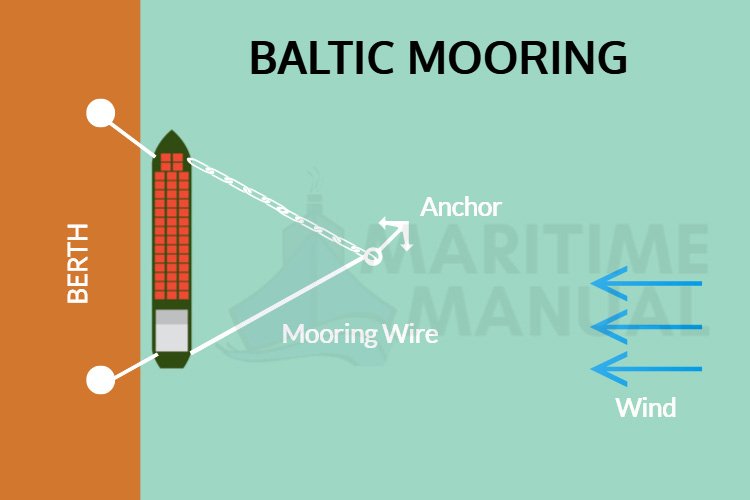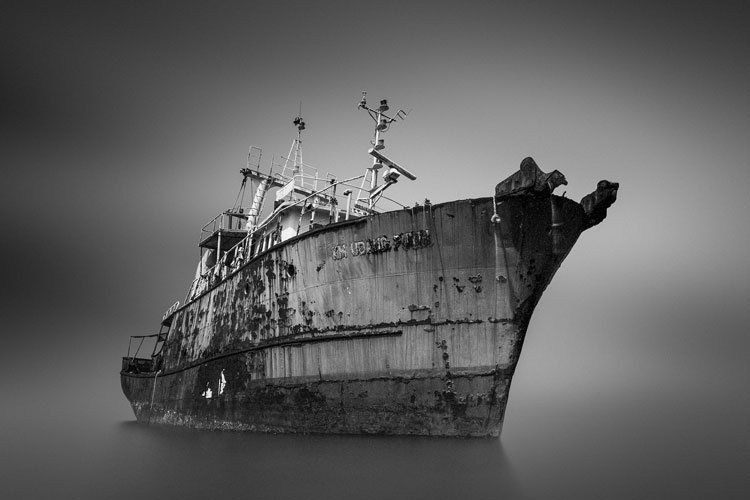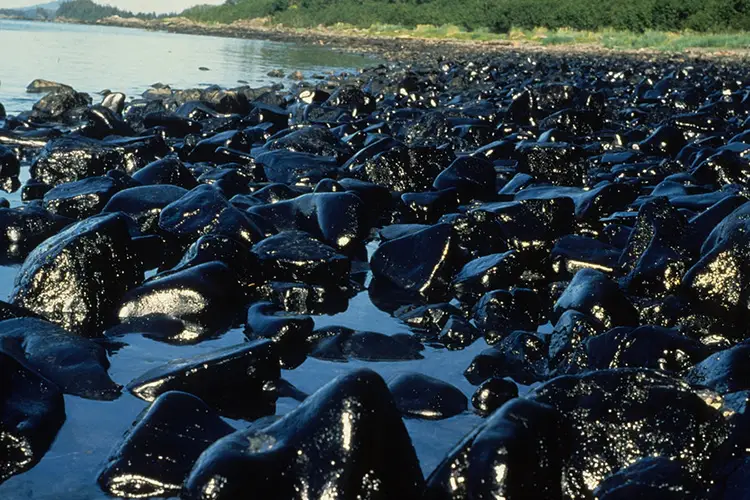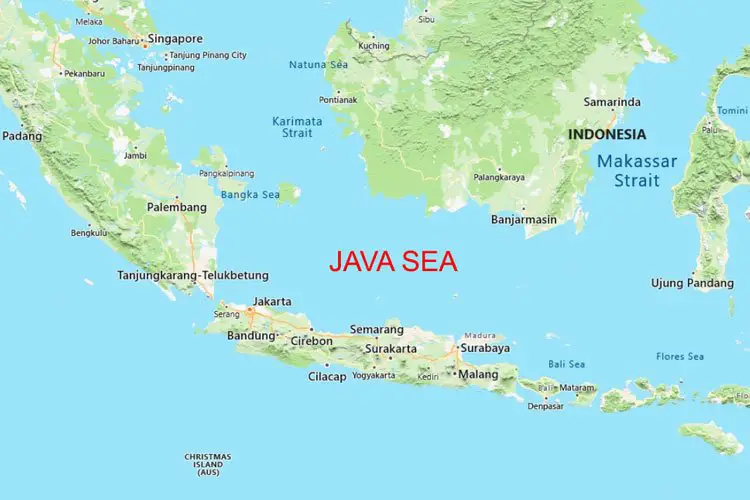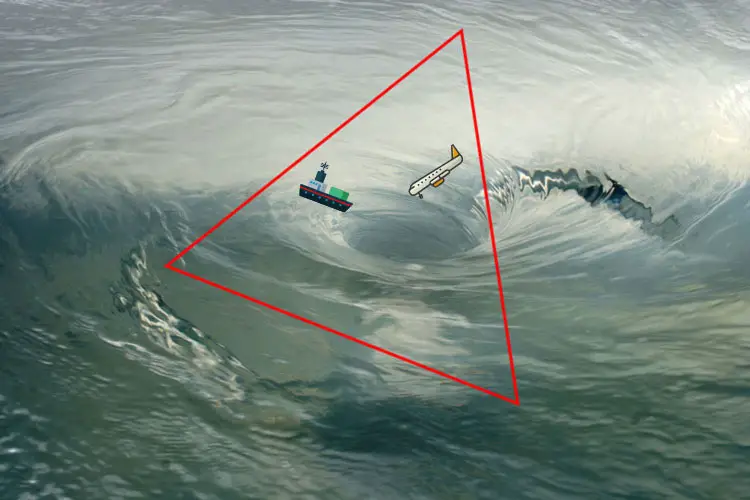Who Is A Marine Biologist?
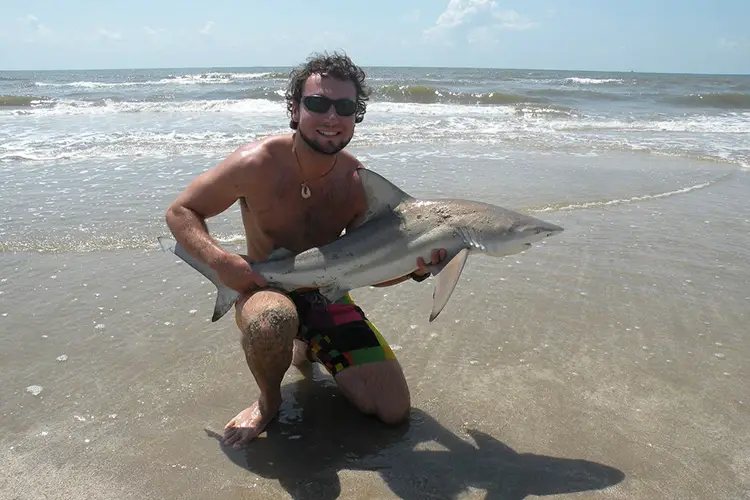
What is Marine Biology?
Marine biology is a branch of science that deals with the study of marine life and the organisms found in the sea. It can also include the study of the ocean itself as well as human relations with the marine world. It is a very broad field and requires a lot of effort from the very beginning.
This article discusses the role of a marine biologist, the necessary qualifications and basic requirements to be a marine biologist, basic facts about the field, best colleges for studying, and inputs from some famous marine biologists of the world.
The Role Of A Marine Biologist
The job of a marine biologist includes studying the organisms and observing, manage, and protect them. They may also have to write reports based on their research or as their projects demand. There are many titles and specializations in the field of marine biology, but all of them are concerned with the study of marine organisms.
Marine biologists may be working on ships, beaches, or even undersea for their research. They may also be required to work in a scientific laboratory to observe and conduct researches about microorganisms found in the oceans.
Marine biology may also involve scuba diving for collecting specimens or for studying large sea animals like sharks and whales. Biologists may also be required to study other parts of the ocean like coral reefs and to study the patterns in the increase or decrease in the population of marine life.
Zoos and aquariums also require marine biologists to take care of the marine animals and to make sure that their environments are suitable for them to thrive and stay healthy.
Another important field that a marine biologist may be concerned with is the protection of the marine environment. A marine biologist may need to record, observe, and study the concentration of toxic chemical substances present in water bodies and what impact they have on marine life.
A marine biologist may also work as a teacher (professor) in colleges and universities if he or she is not interested in traveling a lot in doing fieldwork. Another option for the same may be working as a consultant or an advisor for the government or for a private firm.
Most of the time, the job of a marine biologist involves working in a team of scientists and engineers for their research or projects.
Other Responsibilities Of A Marine Biologist
Other imperative responsibilities of a marine biologist include:
▪︎ Using tracking technology and planning experiments accordingly
▪︎ Provide assistance to fisheries management
▪︎ Dealing with aspects of marine biology in aquariums and marine museums
▪︎ Writing research reports based on observations and experiments
▪︎ Interpretation of data from biological processes using computer software.
Necessary Qualifications For Becoming A Marine Biologist
There are a lot of criteria that a person may need to meet for becoming a marine biologist. The career requires the candidate to have subjects such a physics, chemistry, biology as well as mathematics at the undergraduate level or in India, at a 10+2 level.
If you want to become a marine biologist then you can do any of the following degrees, i.e. degree in marine science, oceanography, biology, geology, geophysics, chemistry, ecology, or even marine zoology.
Some marine biologists also specialize in marine biotechnology which helps them to interpret how marine organisms can be used in industrial applications. They can also suggest alternative industrial practices to minimize negative effects on marine species and habitats.
Pursuing courses in a field like engineering or computer science is also recommended for additional knowledge for ease in the career. The candidate should also have fluency in English in both written and spoken, as most of the work of a marine biologist requires working in a team, conducting researches, and writing reports. Hence, he or she should be proficient in communication.
The subjects that marine biology aspirants may be cell biology, evolution, ecology, marine ecology, zoology, biochemistry, etc. Practical skills are given more importance than theoretical knowledge.
Bachelor’s degrees may help aspirants to find a job in their desired field, but it is recommended that one should pursue higher education in the same as the field of marine biology does not provide a good salary as some other jobs.
The Bachelor of Science in Marine Biology is a course of a three-year duration which is most commonly chosen by marine biology aspirants. One can also opt for a diploma of 6 months.
One can go for a master’s degree that specializes in this field or their subjects of interest which can include marine chemistry, economy, biostatistics, oceanography, geology or to specialize in a particular class of marine organisms such as mammals, fish, microorganisms, and other wildlife.
For a master’s degree, one can go for a Master of Science in Marine Biology (2 years) or even for a Master of Philosophy (M.Phil.) in Marine Biology (2 years).
A candidate can also pursue a Ph.D. in order to further enhance his or her skills as a marine biologist. A Ph.D. has a duration of 3 years.
Best Universities for Marine Biology
Some of the best universities across the world to pursue the course:
- Eckerd College
- California State University, Long Beach
- University of Oregon
- Stony Brook University
- California State University, Monterey Bay
Some of the leading colleges offering such courses in India are as follows:
- Karnataka University, Karnataka
- Cochin University of Science and Technology, Kerala
- College of Science and Technology, Andhra Pradesh
- Pondicherry University, Tamil Nadu
- Annamalai University, Tamil Nadu
- Andhra Pradesh University, Waltair
- Veer Narmad South Gujarat University, Surat
With the advancement in science and technology, the scope in the field of marine biology has been increasing since the past 3-4 years.
Career Options In Marine Biology
Earlier, we listed some of the various fields that a marine biologist can opt for. This is a very broad field of study that offers people many career options. The average salary of a marine biologist was roughly $50,000 per annum in the year 2018. This is however dependent on various factors and cannot be considered as very accurate as there are a lot of different types of jobs that one can opt for here. Following are some of the many jobs that you can do as a marine biologist:
1) Research
This is the most widely chosen field in marine biology. Research in itself can offer many career paths. In this field, one can become a field scientist, a research technician, a fish biologist, or even a professor. This field requires high qualifications like a master’s degree or a doctorate. Most people who want to enter the field of research opt for specializations in subjects like oceanography, biology, or aquatic and fishery sciences. One can work for the government or a private firm in the field of research or even work independently or as a freelancer.
2) Education
Another important career path for a marine biologist, education can be a very rewarding option. In this field, one can choose to be an education specialist, education director, aquarist, or marine science program coordinator. Teaching in schools, colleges and universities may also come under this category. One of the biggest advantages here is that the fieldwork is minimal to none.
This is a perfect field for those who are interested in marine sciences but do not wish to or can not travel too much. The subjects that one might need to specialize in to be a part of this field are education, environmental studies. One may require a bachelor’s or a master’s degree in education along with a qualification in marine biology. If one wishes, he or she can also pursue a Ph.D. in the same.
3) Health Sciences
This is one of the most unique career options in the field of medicine. At the same time, this can be one of the hardest careers to pursue. This involves pursuing a medical degree and becoming an aquatic veterinarian.
The general duties of an aquatic veterinarian are to perform basic exams and evaluations of the animals, giving them vaccinations on time, taking blood samples and other fluids coma prescribing medicines, observing and evaluating the behavior, performing surgeries if necessary, treating wounds, taking X-rays and supervising veterinary technicians.
Aquatic veterinarians are required in aquariums, zoos, museums, and Marine parks.
They are also required by marine mammal trainers and other marine biologists. A job as a biomedical researcher can also be taken up. Anyone wanting to pursue this needs to get a bachelor’s degree in biology, chemistry, or biochemistry.
For veterinarians, a medical degree is compulsory. Although most firms and organizations employ people with a bachelor’s degree, it is recommended that one pursues a master’s degree or a doctorate.
4) Conservation
This is one of the most important careers considering today’s environmental conditions. Today, we are facing problems like global warming and climate change, world hunger, and pollution of air, land, and water. One can opt for this field and become a marine environmentalist, an environmental consultant, aquatic land manager, groundfish observer, or an environmental planner. The recommended fields of specialization there are environmental studies or aquatic and fishery sciences.
5) Other
There are several other career options that one can go for in this very field. One can become an ocean engineer, an aquaculturist, a professional scuba diver and instructor, a marine mammal trainer, a marine photographer, a marine journalist, etc. People from all of these fields are usually employed by private firms, science or travel magazines, and T.V. channels like Discovery Channel, Animal Planet, or National Geographic.
However, since these fields are unique and not many people opt for them, there are only a few institutes in the world that may be offering courses to specialize in them. Also, there is less financial stability and security as compared to other fields.
You may be also interested: High Paying Marine Careers
What Is The Average Pay Of A Marine Biologist?
Though the job of a marine biologist is very interesting and challenging. Jobs in this field are numbered and the competition is tough. The majority of marine biologists work for state and federal government agencies, some work for private research laboratories while others for zoos, aquariums, and museums.
As of 2013, the mean annual wage for these professionals was $62,610, or 30.10 USD per hour.
In India, a fresher with over 1-3 years of experience earns an average salary of ₹5,17,840 per annum. On the other end, a senior-level marine biologist with more than 8 or more years of experience earns an average salary of ₹9,00,000.
Some Of The Most Famous Marine Biologists
The world has seen some extraordinary marine biologists in history who have made crucial contributions to science. These include Charles Darwin, Jacques-Yves Cousteau, Rachel Carson, Hans Hass, Ernst Haeckel, etc. Even today, there are many marine biologists who are continuously working and make contributions to science and research. Following are some of the most famous marine biologists of all time.
1) Stephen Hillenburg

Stephen Hillenburg was an American marine biologist, animator, cartoonist, and producer. He is most famous as the creator of SpongeBob SquarePants, one of the most iconic and widely viewed cartoon series of all time. It is set underwater. It is believed that he carried out several years of research for making this series.
2) Charles Darwin

Charles Darwin was an English scientist best known for his Theory of Evolution. He was originally a marine and marine biologist. He carried out deep researches about coral reefs which helped him prepare his theory of evolution eventually. He also studied marine invertebrates and continued to show interest in marine biology throughout his life.
3) Rachel Carson

Rachel Carson was an American marine biologist, writer, and environmentalist. Some of her most famous works are Under the Sea, The Edge of the Sea, Silent Spring, etc. She is considered among the best female writers of all time. Her writings made a great impact on the people about saving the environment. She pursued a master’s degree in zoology.
4) Sylvia Earle

Sylvia Earle is an American author, oceanographer, lecturer and marine biologist. She is also a National Geographic explorer. She is quite often addressed as ‘Her Deepness’. She was the first woman to be the chief scientist of the U.S. National Oceanic and Atmospheric Administration. In 1998, she was named as a Hero for the Planet by Time Magazine. She was the first person to receive this honor.
5) Jacques-Yves Cousteau

Jacques-Yves Cousteau was a French conservationist, marine biologist, scientist, explorer, Naval Officer, filmmaker, photographer, and author. He also described himself as an oceanographic technician. Throughout his life, he was fascinated with aquatic plants and animals.
He wrote many books and films about marine life, the most famous of which is The Silent World. This book was later adapted into a film. He was also involved in the creation of the Aqua-Lung. Aqua-Lung is the equipment used in open circuit scuba diving. He founded a lot of research institutes like the French Oceanographic Campaigns (FOC) in 1950.
So, we can see how broad a career in the field of biology, specifically marine biology can be. It is not a very easy career option and requires a lot of devotion and determination for several years. It is, however, one of the most sought-after and unique careers of today.
There is a lot of scope in this field which is a result of the advancement in science and technology over the past few years. This field demands a combination of educational qualifications, practical skills as well as communication skills from an aspirant throughout the career.
We have discovered the necessary qualifications for the field, the different options one can opt for within the field, the nature of the job, and some of the most famous marine biologists in world history. Hopefully, aspirants will now have a wider perspective about the field and be able to decide on what they want to pursue.

